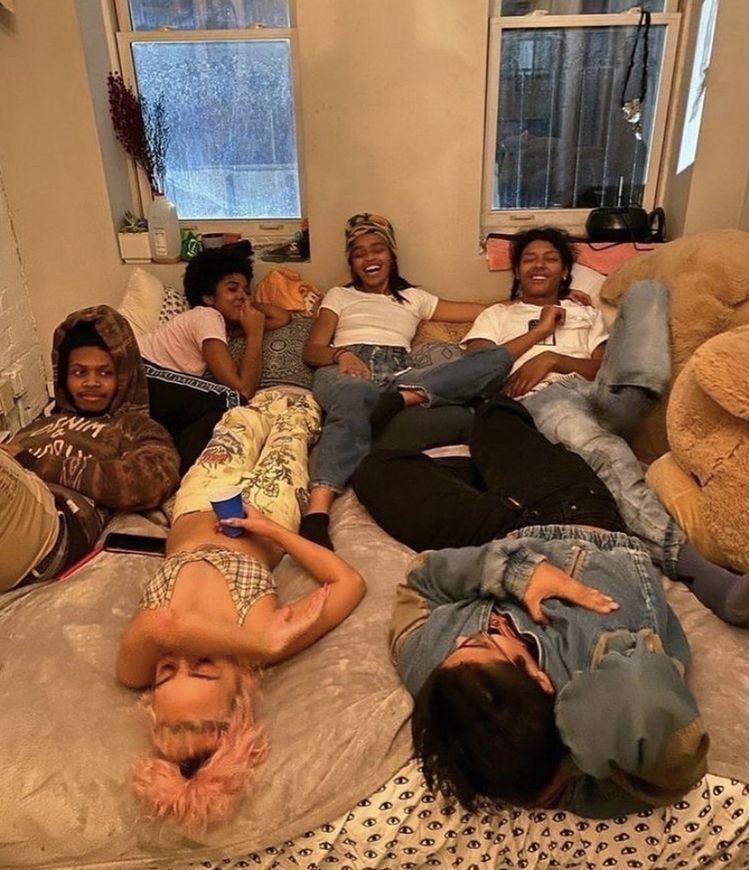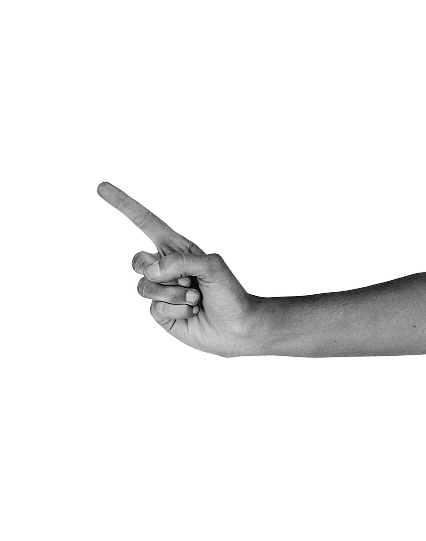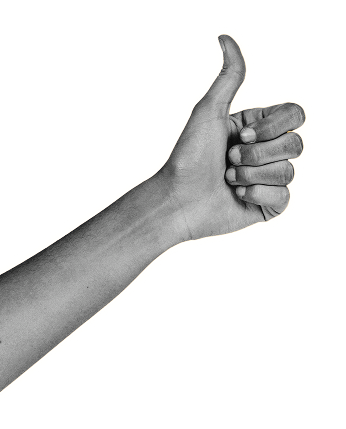
The friendships that have kept me warm, safe, and seen have usually come from folks I shared values with and not history. I was a late bloomer when it came to growing my discernment around friendships. I had to learn that friendships are true when they are founded on shared values, mutual trust and respect. It was only a year ago after a heartbreak from cutting ties with my childhood friend I started to look back and trace how far I had come in my own growth, that sharing the same school or being from the same town didn’t have to be a commonality to stay together. I outgrew a lot of people since moving away, a grief I am still reconciling with. But a grief that has also communicated to me my own values and where growth lies for me.
After reflecting on my history of friendships I found myself moving to Melbourne. In some aspects they were not very different, at least for the first few years. During my first few years I misunderstood company for friendship, not saying company isn’t important, but when that becomes the only aspect of a relationship, there is no guarantee that in times of need, mere company will keep us safe or be a source of support. Often, that is exactly how surface level friendships go. Being a queer woman of color with very little family support– who has faced a lot of violence and harassment–looking back at the friendships founded on company didn’t protect me. To truly experience friendship, one must be both seen and understood. The connections that endure are often those forged by people who have known what it means to be outcasts—bonds rooted in shared struggle and mutual understanding.
Growing up, I was surrounded by a community mindset, and an abundance mentality was actively taught when it came to sharing or helping others. While culturally we were taught that blood relations were permanent and important, my father, who is very close to his village, also taught us that family could also look like neighbours, and family friends. We were taught to sit with everyone, whether it was the people from the town where we lived or the village which we visited every now and then. When my friends came home, they were also treated as one would treat their own children. It was slowly that I started to unpack the gender aspect to it, and also how expecting children to please relatives in the name of respect had to go. As a woma,n I was also expected to serve and please everyone more, and especially before myself. Self-compromise was intrinsic to being a woman.
While I am grateful to have been taught that kindness was an important value, it was my own reflection that helped me unpack the ways I, as a woman was conditioned to self-sacrifice or please in the name of love. Now, when I think of my shared values as a woman, which took years, it wasn’t an easy process. It took making lots of choices that, societally, a woman shouldn’t make. As much as I was questioning the extrinsic factors that keep me bound, I also had to question what, intrinsically, I truly was. It also meant questioning the interpersonal, especially heteronormativity, in my romantic relationships.
I don’t think I was merely doing this work because that is what it means to be a modern woman, but more because I felt shackled in the ways society had named love, obligation, and morality for me. It wasn’t just about being a free woman but more so a free me, unique to my process and what I desired. I no longer wanted to feel suffocated in the fear, docility, or silence I had inherited. And in order to do that, I needed people who were like me, who were ready to question authority like me.
Now a lot of my friends come from different cultures, and what we have shared is actively speaking up against oppression of all kinds. Not saying we don’t have similarities, but our differences do not outweigh what we can share. Somehow meeting them the reflections and the work I had done fully came to fruition. They are my chosen family, they have helped me become self-assured. They have supported me to realise my worth. They have become my soft cushion on days I couldn’t be there for myself, so I could slowly start to be. Our lives don’t look like in any shape or form a norm and we are content with that, in the end it’s our lives. We strive everyday to not please anyone, even ourselves. In my narrative, my desire to be surrounded by folks who question, challenge and fight back against authority came to an end; it wasn’t purely because of our shared identities but because of our shared values.
While my father often also said that family was permanent because each had a vested interest in each other’s life, I have carved out my own truth. Family means being with each other through thick and thin, family means shared values, relationships of reciprocal trust and respect, and family means to realise that we all feel pain in the same way and our liberation is tied to each others. I am no longer looking for folks who are exactly like me whether intellectually or culturally, my friends don’t have to be know it alls who know the right language, my friends also don’t have to claim to be loud and (always) proud about their identities as long as they fight back for themselves or with me standing by my side, they are family to me. Folks who love bravely and not to please but to nurture and be nurtured. Folks who don’t love out of self sacrifice but out of a shared commitment to their values and kindness. Folks who understand that family means more than the kin. Folks who are not only about changing the world but also taking accountability and changing themselves.
I’m only thankful for my chosen family and in some ways, also my biological one to have helped me carve out a template of where I feel at home, where I belong and what a true friend looks like to me.
Community.

